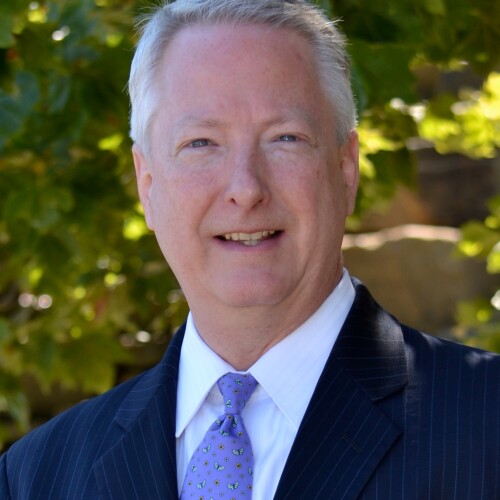Matthew F. Johnston is the director of HeatSmart Tompkins, a community-based organization focused on promoting the rapid adoption of renewable energy in Tompkins County, NY. Previously, he was a research manager with ULI’s Initiatives Group. In this capacity, he focused generally on issues of sustainability and the built environment, and specifically supports the Climate Change, Land Use, and Energy (CLUE), and the City in 2050 programs of work. Johnston received a B.A. from Ithaca College and earned his Master of City and Regional Planning at Cornell University. He has previously held positions with the Harvard School of Public Health and the Conservation Law Foundation in Boston, MA, and prior to joining ULI, with the Environmental and Energy Study Institute in Washington, D.C. as the organization’s Transportation, Energy, and Smart Growth Fellow.














